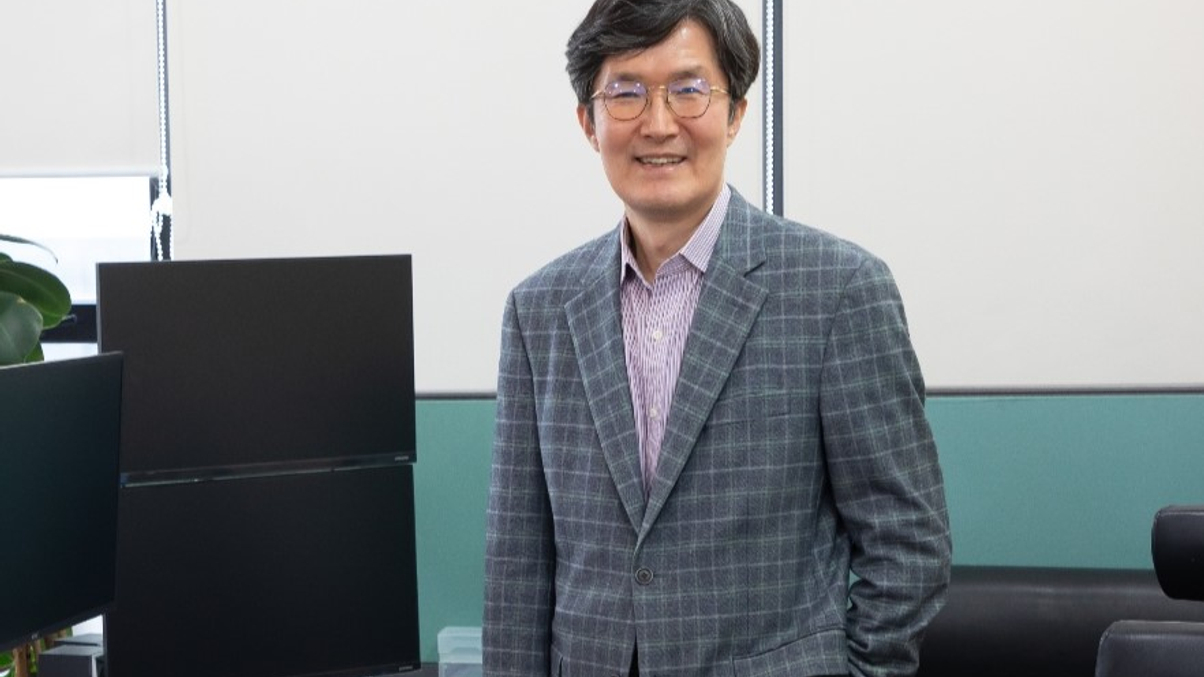Editorial Board Spotlight: The book that steered POBA's ex-CIO towards alternatives
A former pension fund executive explains how he found inspiration for his career from a famous investor’s book that he labels a must-read for understanding how to manage alternative investments.

In 2015, Jang Dong-hun faced an exciting new opportunity in his career as he took on the role for chief investment officer at Korea’s Public Officials Benefit Association (POBA), one of the country's largest pension funds.
Sign in to read on!
Registered users get 2 free articles in 30 days.
Subscribers have full unlimited access to AsianInvestor
Not signed up? New users get 2 free articles per month, plus a 7-day unlimited free trial.
¬ Haymarket Media Limited. All rights reserved.


